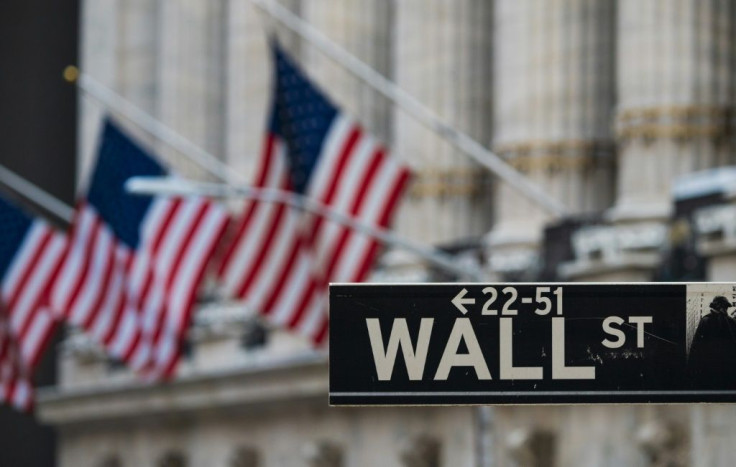December Could Be A Dreadful Month For Stocks

December could end up being a dreadful month for Wall Street. The heightened volatility that took traders and investors on a wild ride at the end of November could persist through the end of the year.
Decembers are usually good for equities, thanks to end-of-the-year bonuses and the holiday spirit that create a positive sentiment among market participants.
"Historically speaking, the S&P 500 and Russell 2000 both have a 75% win rate for the month of December looking back since 2009," says Jake Wujastyk, chief market analyst at TrendSpider. "The Nasdaq is slightly lower with a 58% win rate since the end of the financial crisis in 2009, meaning that 58% of the time, December has a higher monthly close than November."
But Decembers can also go the wrong way. December 2018 saw the Dow drop 8.7% and the S&P 500 9%. That was the worst showing since 1931.
While the odds favor those who bet on a good December, this year there are good reasons to bet on a dreadful month, too.
"December, on average, has been the calmest month of the year in terms of implied volatility," says Garrett DeSimone, an economist and head quant at OptionMetrics. "However, inflation levels and the FOMC's response to higher prices are in the spotlight for the first time in decades. These scheduled events could exacerbate volatility in the middle of the month as market participants may have heightened sensitivity to inflation numbers and the pace of rate hikes."
Then there's the renewed showdown among Washington lawmakers over the government's funding and raising the debt limit to avoid a U.S. debt default. While the most likely prospect is reaching a compromise before the deadline, there's always a "tail risk" that no compromise will be reached. That would undoubtedly roil global financial markets.
And there are ongoing fears of stagflation, a combination of high inflation and slow growth. It's a prospect that looks more likely after the news of the fast-spreading COVID-19 Omicron variant. Several countries have closed their borders to South Africa and further deliberate measures to protect their citizens from the new threat.
Border closures and other restrictions on movements of people and merchandise are a threat to the recovery from the pandemic recession.
According to a government report released last week, America's economic growth has dropped from 6.7% in the second quarter to 2.1% in the third quarter. And equity markets do not like the heightened inflation, making it more likely for the Federal Reserve to speed up tapering, the rolling back of purchases of U.S. Treasury bonds and mortgage-backed securities.
Boosting the odds of a dreadful December is investor anxiety over market valuations.
"The underlying market psychology is weak, given the dramatic runup in equity prices since March 2020," says Robert R. Johnson, professor of finance at the Heider College of Business at Creighton University. "Market participants are anticipating a correction, and there is a confluence of several potential drivers in the markets."
That could become a self-fulfilling prophecy, as sellers could overtake buyers.
David Keller, chief market strategist at StockCharts.com, remains bullish on U.S. equities.
"We're now in the seasonally strongest part of the year, with November and December usually faring very well for stocks," he says. "The S&P 500 index has made new all-time highs every month in 2021, and I would expect more of the same in December. However, since the latest strong upside move in early November, stocks have been largely rangebound for the last three weeks. The S&P 500 chart remains bullish as long as it remains above price support around 4,550, which was the early September price high."
It remains to be seen whether that support level will hold when another market sell-off arrives.
© Copyright IBTimes 2025. All rights reserved.





















